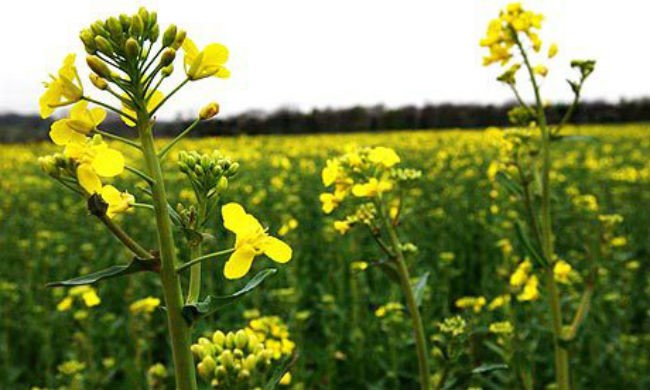
Japko Oil Seed Plantations
However, as developed countries are moving from non-renewable to renewable energy resources, the usage of oilseed crops in biofuel manufacturing could prove a great landmark in coming decades. A country like Pakistan could greatly benefit from it because the country’s socio-economic development is deteriorating owing to the shortage of energy resources along with the fact that biofuel produced from oilseed crops causes less environmental pollution. Thus, less global warming than the fossil fuels. Hence, cultivation of oilseed crops can make Pakistan both Healthy and Wealthy.
We have a plan of oilseeds production in africa 591,500 hectares of the 80 million hectares area is under oilseed crops cultivation by 2025. The production caps at 646 thousand tonnes while the import will be around 2322 thousand tonnes. This alarmingly big gap between local production and import in spite of the fact thatAfrica is an agrarian continent and should be self-efficient in fulfilling its local needs.
We have a Plan to meet our target by 2025.
A big reason for low Global production is that the real yield potential of traditional crops like sunflower, rapeseed-mustard, groundnut, sesame and linseed has not been achieved yet due to their cultivation on marginal lands, use of low quality seeds, use of insufficient amount of fertilizers by small landholders, competition with other winter crops like lentil, chickpea, wheat and other forages, less Research and Development Projects for high yielding crops and improper marketing system. The major and chief reason behind the low production is that farmer prefers to grow staple crops because there exist no procurement system for oil seed crops. These problems also become a hurdle in the cultivation of non-traditional crops like jatropha, castor, coconut, olive and oil palm.
